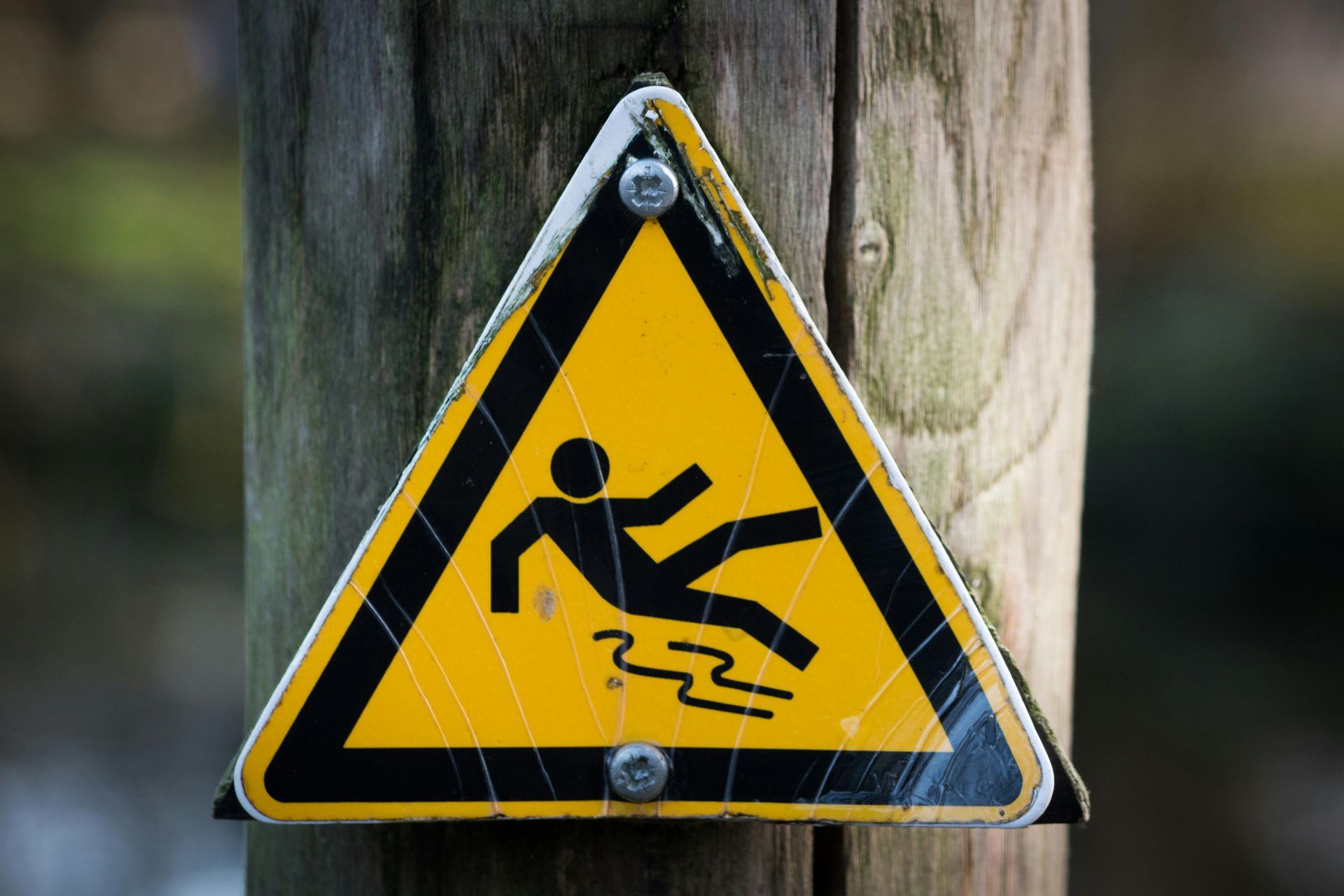Direct Attorney Line: (727) 584-8899
So You Have Been Accused of Breached A Contract
Someone has accused you of breaching a contract or you made a deal and did not do what you were supposed to. These are some of the claims made or threatened to be made, against you. What do you do?
First and foremost, you need to obtain a legible copy of the entire contract, including all amendments, revisions, attachments and exhibits to the contract. If the contract refers to another document or states that another document is incorporated by reference, try to obtain this document, too. It is almost impossible to determine whether you breached a contract without seeing it. Relying upon your memory or someone else’s opinion of the contract is a big risk.
Second, you need to read the entire contract, set it down for a few hours, read it again, and, then, draft notes regarding your questions, concerns or confusion. In fact, you may certainly repeat this process a few times.
Third, contact a business, commercial or contract attorney to discuss the situation. It is in your best interest to contact an attorney who practices in this area of law. A criminal defense or divorce attorney may not have the experience you require. If possible, set an in-person meeting with the attorney and bring the contract and all related documents to the meeting. Otherwise, if the conference will be over the telephone, fax or e-mail the contract and all related documents to the attorney. Like you, the attorney can’t determine much, if anything, without the paperwork.
Fourth, during your discussion with the attorney, be completely honest, share the notes you made regarding the contract (see # 2 above), tell him or her the history of the dispute, including the names of all persons involved in the negotiation and preparation of the contract and all conversations related to the contract and its formation, describe how many times it was revised before it was signed, explain any pressure you felt to sign it, describe your concerns, ask about your options and legal defenses (which means being prepared to admit fault, in whole or part, if necessary) and, importantly, inform the attorney of all documents that are missing such as an amendment or attachment. What is missing may be as important as the documents in your possession. Basically, provide as much information as possible to the attorney. The attorney’s advice is based upon your information and his or her experience in this area.
Fifth, with the advice of counsel, and depending upon whether a lawsuit has been served upon you, determine a realistic strategy with options for responding to the claims. Do you admit fault and try to settle as quick as possible? Do you admit some degree of fault but contest the remainder? Do you make an attempt at mediation (formal or in-formal)? Do you stand your ground, deny the claims and possibly file a Motion to Dismiss or a Counterclaim? This is a broad picture of responsive options and is far from exhaustive. You also need to determine your tolerance of risk and realize that litigation could take years before a trial occurs. As you can guess, litigation can be expensive and, if you are on the defense side of a lawsuit (and without a Counterclaim), the attorney probably can’t take your case on a contingency because there is no possibility of recovering money damages from the Plaintiff when a Defendant wins. Generally, when the Defendant wins, the Defendant does not have to pay the Plaintiff; nothing more; nothing less. However, if your contract has a provision stating that the prevailing party is entitled to attorney’s fees from the losing party, this factor may work to your advantage.
So, you have been sued for breach of contract and you have a lot to consider. If you follow these suggestions, the process will be less frustrating and confusing and you will be able to make an informed decision regarding your defense.










Free Case Evaluation
Contact Form
We will get back to you as soon as possible.
Please try again later.
Main Office:
5223 Park Blvd. Suite 100
Pinellas Park, FL 33781
Office: (727) 584-8899
Fax:
(727) 584-8890
Quick Links



©2024 All Rights Reserved | Della Costa & Neville, P.A. | Privacy Policy | Powered by Levitate
